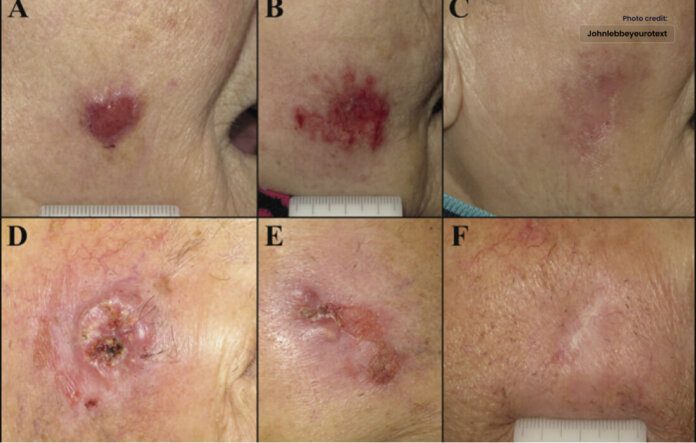Imiquimod: Diverse skincare benefits, uses & mechanisms beyond norms.
In the realm of dermatology, Imiquimod has emerged as a game-changer, offering a versatile solution for various skin conditions. This blog takes you on a journey through the fascinating world of Imiquimod, shedding light on its applications, scientific mechanisms, potential considerations, and also how it’s transforming the way we approach skincare.
Introducing Imiquimod: A Skincare Marvel
Imiquimod is a topical cream renowned for its unique ability to stimulate the immune system. Initially developed as an immune response enhancer, its applications have extended to addressing a spectrum of skin concerns.
Mechanism of Action: Nudging the Immune System
-
- Immune Activation: Imiquimod activates specific immune cells known as toll-like receptors (TLRs), prompting the release of cytokines like interferon. This immune response helps combat viruses, tumors, and also certain skin conditions.
- Inhibition of Abnormal Growth: Imiquimod’s immunostimulatory effects contribute to the inhibition of abnormal cell growth, making it an effective treatment for conditions such as actinic keratosis and basal cell carcinoma.
Clinical Applications: Beyond Conventional Skincare
-
- Actinic Keratosis: Imiquimod’s role in treating precancerous skin lesions, like actinic keratosis, showcases its potential to prevent malignant progression.
- Basal Cell Carcinoma: For superficial basal cell carcinoma, Imiquimod offers a nonsurgical alternative, stimulating the immune system to target and eliminate cancerous cells.
- Genital Warts: The cream’s antiviral properties make it a preferred choice for treating genital warts caused by human papillomavirus (HPV).
Imiquimod Application and Considerations
-
- Topical Application: Imiquimod is applied directly to the affected area, with the treatment duration varying based on the condition being treated.
- Potential Side Effects: Mild to moderate skin reactions are common, including redness, itching, and peeling. These reactions often indicate that the immune system is actively responding to the treatment.
Professional Guidance and Individualized Care
-
- Consulting a Dermatologist: Before starting Imiquimod treatment, it’s essential to consult a dermatologist who can determine the appropriate dosage, application frequency, and monitor your skin’s response.
- Patient Education: Understanding potential side effects and knowing when to seek medical attention ensures a safe and effective treatment journey.
Future Possibilities: Continual Advancements
-
- Ongoing Research: Researchers continue to explore Imiquimod’s potential in treating a range of skin conditions, from viral infections to various types of skin cancers.
- Combination Therapies: The synergy between Imiquimod and other treatments is an area of active investigation, offering the potential for enhanced outcomes.
In conclusion, Imiquimod stands as a beacon of innovation in the field of skincare, offering a non-invasive approach to addressing various skin conditions. Further from actinic keratosis to basal cell carcinoma and beyond, Imiquimod’s immunostimulatory properties hold promise for a wide range of dermatological challenges. As medical science evolves, Imiquimod’s role in enhancing skin health continues to expand, highlighting its significance as a modern skincare marvel that empowers both patients and dermatologists alike.




